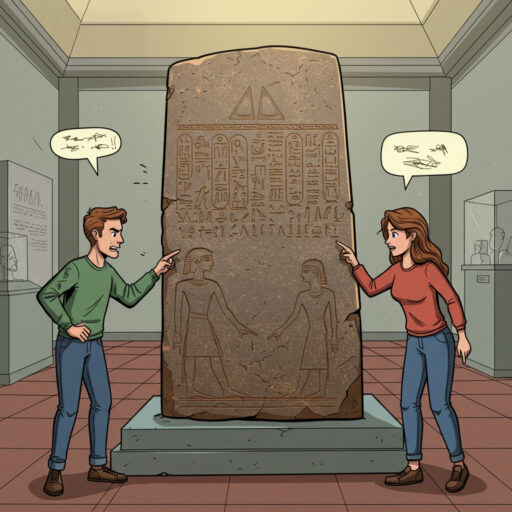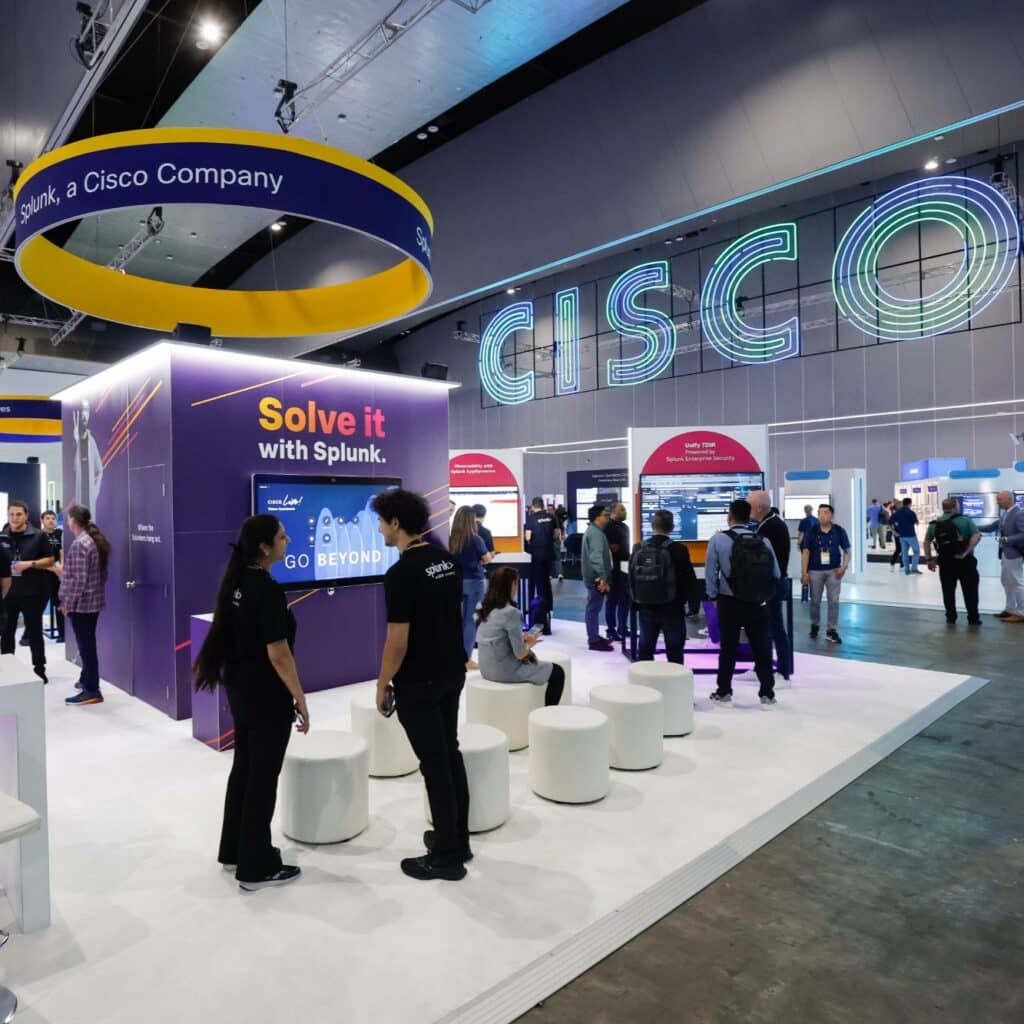It seems like every tech company today brands their AI offering as a ‘game changer.’ But when everyone else uses the same advertisement and makes the same promises, it starts to lose its meaning.
Oracle is no exception. With the launch of Database 23ai, Oracle is betting that it can stand apart from other AI offerings in the market and be a real game-changer.
But does this deliver real change or is it just another entry in an already loud space?
Everything Now Has AI
For decades, traditional databases have excelled at storing, securing, and analysing business data with incredible precision and near 100% accuracy. But today, businesses deal with more than just spreadsheets and records. They’re managing documents, images, videos, and other materials that are harder to organise, let alone analyse.
This is where AI is coming into the picture. Companies are now adding AI to help their databases do more. Oracle claims that with Database 23ai, the AI feature isn’t just an add-on, but is something that’s intrinsic, embedded into the core, allowing databases to automate processes, interpret human-centric data, and provide context-appropriate answers.
“We’ve been using AI to automate all the processes involved in running a database. In the past, you had to have a lot of knowledge, a lot of experience to manage these mission-critical technologies, but with AI, it removes the complexity and makes the technology available to everyone,” said Juan Loaiza, Executive Vice President of Oracle Database Technologies.
This sounds promising, but Oracle is not alone in chasing this idea.
How It Stacks Up Against the Competition
Oracle isn’t the only one trying to make databases smarter. Currently, there’s Amazon Aurora, SAP HANA, and IBM’s Db2, all of which provide a platform with their AI-powered features.
The question now is whether Oracle’s approach is actually better, or just different.
Loaiza explained that they focus on embedding AI directly into the database. He claimed that this is not just a design choice but a necessity for industries like healthcare and finance, where moving sensitive data of billions of people risks security and compliance.
More than that, Oracle is also rolling out several new features, including built-in vector search to help businesses build applications with generative AI, stronger data governance tools to support security compliance, and embedded AI assistants to let users ask questions and get personalised answers.
“So, for example, a customer might ask a question that’s specific to their context: ‘Don’t tell me about issues with Android phones if I use an iPhone,’ or ‘Don’t recommend products I’ve never bought or can’t afford,’ or ‘If I have a specific insurance policy, give me answers relevant to that policy.’ That kind of personalized response is only possible when we combine what the business already knows about the customer with what AI can infer from unstructured data,” Loaiza demonstrated.
While this sounds powerful, what really matters is how these features will work in real-life environments.
The Upsides And The Catch
There’s no doubt that if Oracle can deliver on its promises, Database 23ai could democratise access to these mission-critical technologies. Teams could pull insights easier. AI could spot trends faster than humans. Complex tasks could get simpler.
But there are caveats. First, Oracle has a reputation for being pricey, and that could make organisations think twice, especially the smaller ones. Also, with AI built into the core, it might be harder to switch providers or integrate other tools. Finally, adopting a new technology takes time, training, and effort. And this is something that not every team can spare.
Final Thoughts
Oracle’s Database 23 is a clear sign that the database market is quickly changing. Oracle deserves credit for thinking deeply about bringing AI and enterprise data together. But whether it truly changes the game won’t be about its bold claims and promises, but rather on how it performs, and how the AI interacts with business data to bring meaningful business outcomes.
So, the race is on and Oracle is in it. But it’s not running alone.









